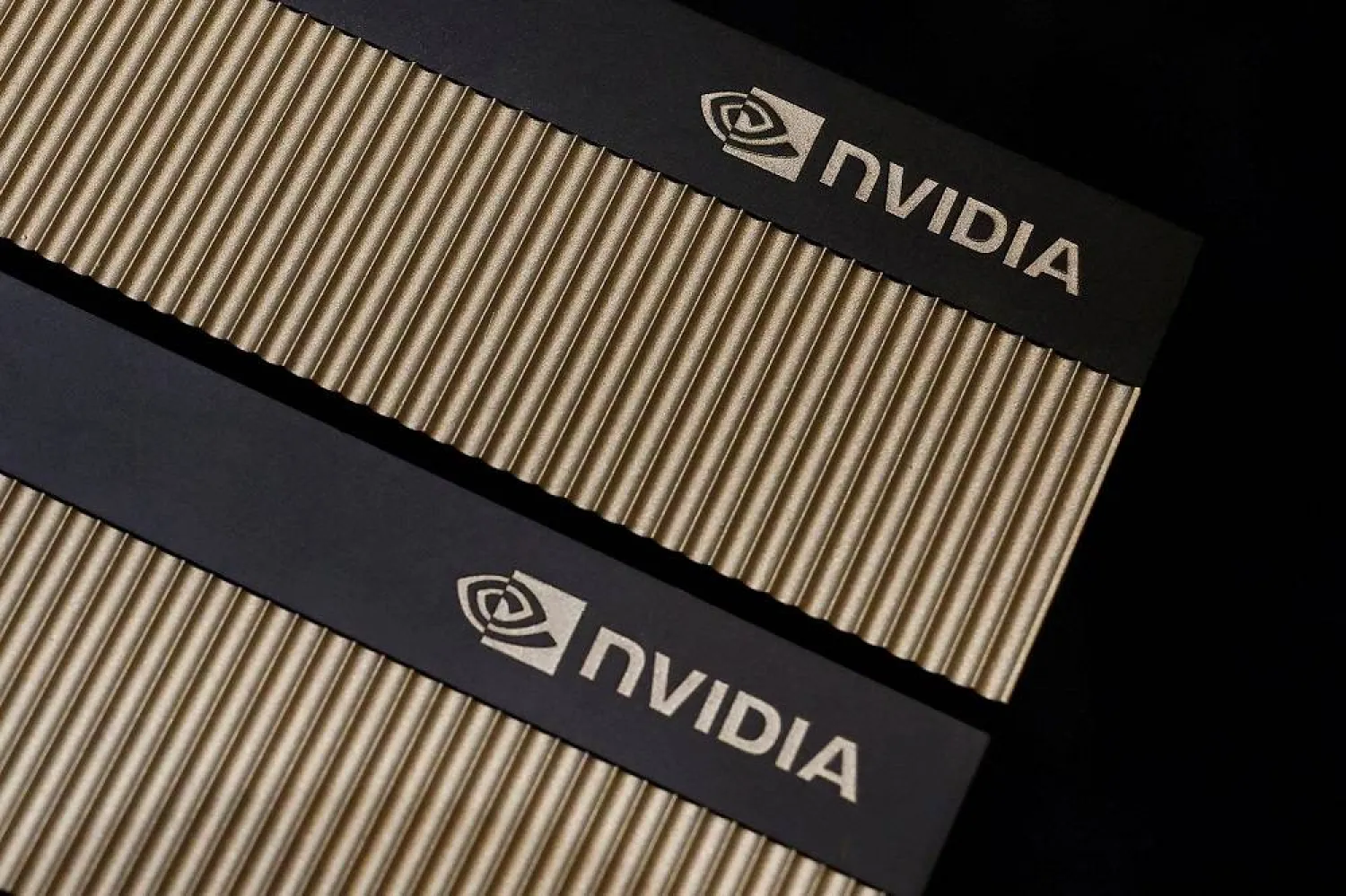US chip firm Nvidia on Friday announced AI partnerships with Indian conglomerates Reliance Industries and Tata Group to develop cloud infrastructure and language models, as well as generative applications.
The deals with two of India's largest business houses will help the US chip firm deepen inroads to the emerging AI ecosystem of the South Asian nation, just as it faces roadblocks in certain chip exports to China and some other countries due to US restrictions.
Nvidia CEO Jensen Huang this week met Prime Minister Narendra Modi to discuss India's potential in the AI sector, just ahead of the G20 meet in New Delhi where delegates including US President Joe Biden are attending.
In the Reliance partnership, Nvidia will provide the computing power required for building a cloud AI infrastructure platform, while Reliance unit Jio will manage and maintain the infrastructure and oversee customer engagement.
"Reliance will create AI applications and services for their 450 million Jio (telecom) customers and provide energy-efficient AI infrastructure to scientists, developers and startups across India," Nvidia said.
The Nvidia partnership will be used by India's No.1 software services exporter, Tata Consultancy Services, to build and process generative AI apps and a supercomputer, the companies said in a statement. TCS will also upskill its 600,000-strong workforce by leveraging the partnership.
The deal will also catalyze the AI-led transformation across Tata Group companies that range from manufacturing to consumer businesses, the statement added.
Nvidia globally has a near-monopoly on the computing systems used to power services like ChatGPT, OpenAI's blockbuster generative AI chatbot. The AI powering such apps is known as a large language model because it takes in a text prompt and from that writes a human-like response.
Reliance's Chairman Mukesh Ambani, Asia's richest person, has previously talked up the need of "digital infrastructure in India that can handle AI's immense computational demands".
The partnership will give Reliance access to the latest version of Nvidia's Grace Hopper Superchip, its AI chips that are optimized to perform AI inference functions that effectively power apps like ChatGPT.
Reliance said the new AI infrastructure will speed up a range of India's key AI projects, including chatbots, drug discovery, and climate research.
Neil Shah, a partner at Counterpoint Research, said the AI move is critical for Jio to "make sense" of the data it has from millions of users, and become a tech company providing services beyond telecom.
"The AI infra will enable it to provide accurate recommendations and cross sell products and services across its giant network of clients in retail, telecom, and financial space," he said.
Reuters on Friday exclusively reported that Reliance is also considering a foray into semiconductor manufacturing in India.









